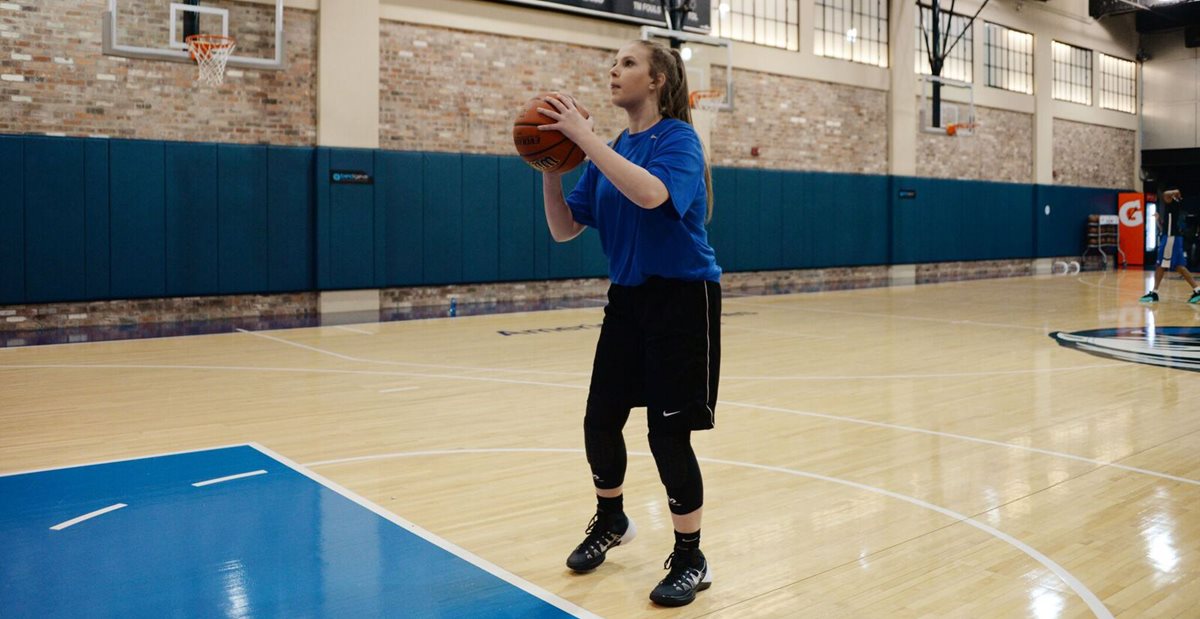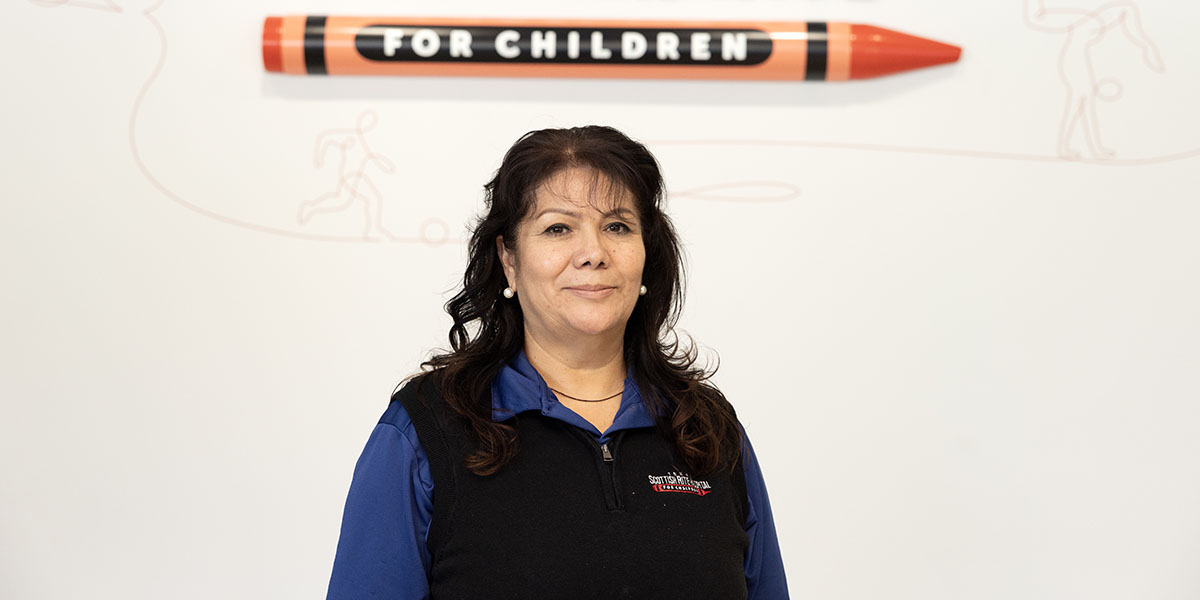In recognition of Mental Health Awareness Month, we asked psychologist, Erica Force, Ph.D., C.C.-A.A.S.P., to tell us about how to improve a young athlete’s mental health with mental conditioning.
What is mental conditioning?
This is a type of training where an athlete becomes familiar with his or her mental skills and ability to improve or optimize those skills. The goal is to improve performance in sport by improving mental skills such as focusing, confidence and intensity.
Who needs mental conditioning?
Since our mental skills are critical in sports whether we are just starting or are competing at high levels, all athletes would benefit from mental conditioning.
What are some examples of mental conditioning exercises for teams?
Teamwork activities don’t have to be sport-specific. A team may learn to work better together with team-building activities where the focus is on solving a problem or completing a task without talking. These activities can help a team increase communication and cohesion.
What do you recommend for individuals?
Reciting positive phrases like “I’ve got this” during training and performance can help build confidence. Many professional athletes prepare for competition using their imagination to visualize their success in an activity; this is called mental imagery.
How often should these types of exercises be performed?
Teams can benefit from making time to practice mental skills on a regular basis. Many coaches make time at the beginning of the season and continue to encourage practice on a monthly or weekly basis. Individual athletes can adopt positive mental habits into daily activities. Mental conditioning can improve performance just like physical conditioning and practicing technical skills. Thus, mental skills are equally important to practice!
What advice do you have for parents of young athletes?
Most parents know that positive mental skills have the potential to improve performance; what they don’t realize is that the contrary is also true. When a child has a poor attitude or is faced with a stressful social situation, their sports performance can decline. Creating open dialogue and helping your child develop his or her mental toughness can help a child perform in sports and recover from setbacks and injuries more quickly.
Learn more about injury prevention and pediatric sports medicine.














